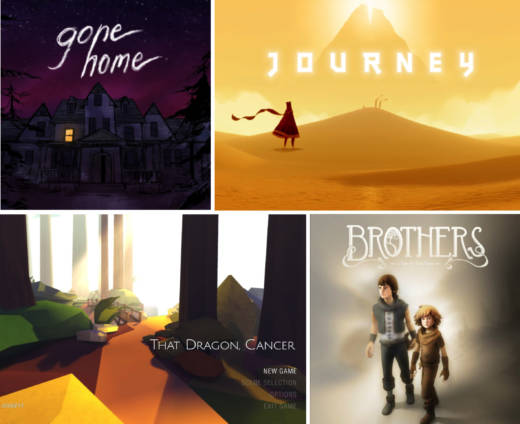Can technology help kids develop empathy? Due to the rise of virtual reality experiences, there’s been some buzz lately about the impact technology might have on how we understand and share the feelings of others.
Since video games have an inherent ability to transport us to places and meet people we normally wouldn’t, teachers can use them to create authentic experiences in their classes -- where students reflect on their own lives, share personal stories with peers, and hopefully begin to share in the perspectives of others. Games can't be the sole tool to help build empathy, but emotional and powerful moments in games can drive meaningful discussions in the classroom.
Though it may be a leap for educators to incorporate mainstream video games into instruction, these types of games can sometimes offer more convincing experiences than those created specifically for the classroom -- especially when it comes to building social and emotional skills.
Check out these picks to help jump-start conversations around empathy in the classroom.
 Gone Home
Gone Home
This narrative-driven exploration game’s story will elicit very different reactions from players -- it’s about life, love, identity, and family. Used in ELA classes to teach students about character development and theme, it can also be used as an empathy builder. As kids learn about the characters, they will inevitably find struggles that mirror their daily lives, and this is a great place to start having a discussion. Kids can take screenshots of situations they relate most to and create storytelling groups for sharing in class.





